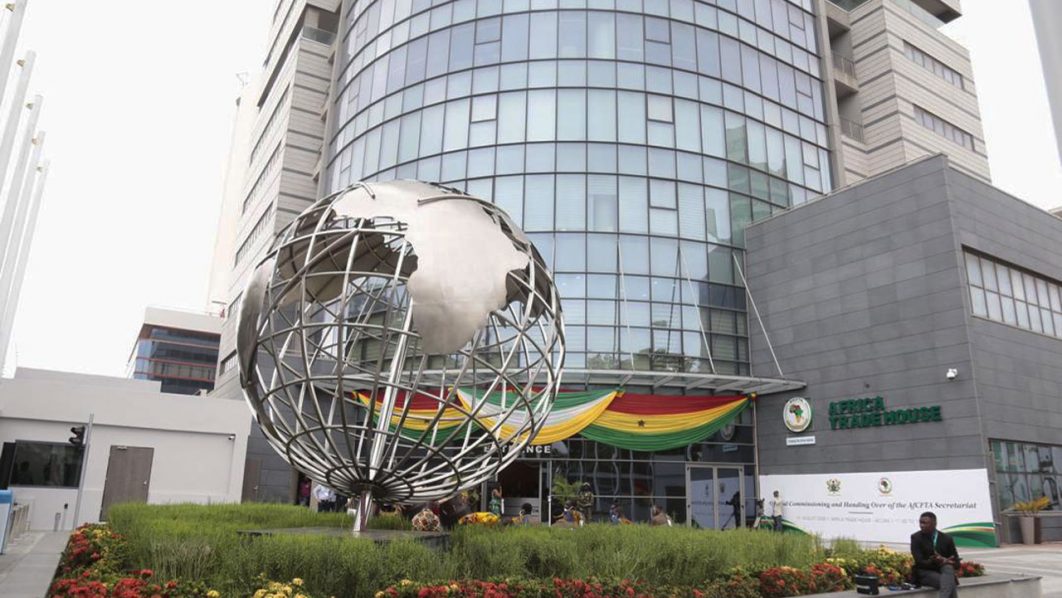
Private sector leaders across the continent, yesterday, demanded the immediate takeoff of the African Continental Free Trade Agreement (AfCFTA), saying the scheme must translate from an idea to a real deal to create the needed impact on regional trade.
The business leaders spoke at the ongoing second edition of the Feed Africa Summit (Dakar 2) held at the Abdou Diouf Centre for International Conference, Dakar, the political seat of Senegal. They said the intra-African supply chain processes must be unlocked and liberalised to achieve food sufficiency in the region.
Those who shared this thought at the CEO Roundtable included the Chairman of Flour Mills of Nigeria Plc, John Coumantaros; President of Ferme de la Teranga, Gora Seck and the President of CTC Group, Ahmed Abdellatif.
Others are Vice Chairman of ETG, Birju Patel; Rita Zniber of Diana Holdings; her counterpart at Dance Africa Corporation, Gerald Mahinda and Kenya’s top investment banker and politician, Polycarp Igathe.
This position comes as food sovereignty for Africa ceases attention at the summit organised by the African Development Bank (AfDB). With funding being highlighted as a major hurdle that must be surmounted to achieve food sufficiency on a sustainable basis, AfDB said it is committing $10 billion to its feed Africa project in the next five years to make the continent the food basket of the world.
Igathe, who spoke passionately about the need to unlock the potential of Africa and address the logistics bottlenecks as necessary actions to achieving the continent’s tall ambition, said the African trade agreement “needs to move from paper to reality” as a matter of urgency to enable Africans to trade with Africans seamlessly.
He listed some of the constraints facing intra-African trade to include infrastructure and logistics, saying the continent urgently needs policies that facilitate free movement. Igathe called for a review of fiscal frameworks across the continents, insisting that incentives, and not penalties, drive the world.
“We need to improve the investment climate, tackle rent-seeking and harmonise standards,” the ex-Kenya City deputy governor said. Mahinda, a South African, said AfCFTA should kick off immediately to strengthen African trade ties as he called on leaders across the board to stop highlighting the differences among different countries that make up the region but “emphasize the commonalities”.
The panelist also called for more collaboration among private sector players on alternative energy development. Coumantaros, in like manner, noted that leveraging science and technology would help in mitigating the consequences of changing climate on food production, processing and distribution.
According to the Flour Mills Chairman, Africa must double its food production in the next 25 years to avert a major crisis. He called for more investment in agronomic services to increase yields.
To give farmers access to affordable alternative energy, he advocated the local production of solar panels to reduce the cost of access to alternative energy for local farmers.
In her intervention, Liberian Minister of Agriculture, Jeanine Cooper, regretted that Africa had to wait for the Russia-Ukraine War to begin to look inward.
According to her, food sufficiency is not enough as long as African countries are not in control of the production, processing and distribution of the food they consume – a position that echoed the dominant talking point of the summit.
Follow our socials Whatsapp, Facebook, Instagram, Twitter, and Google News.








